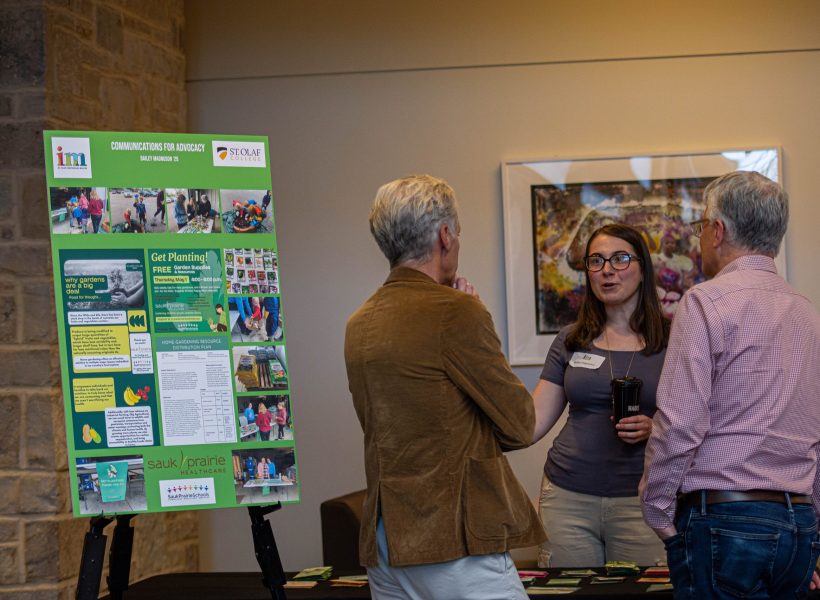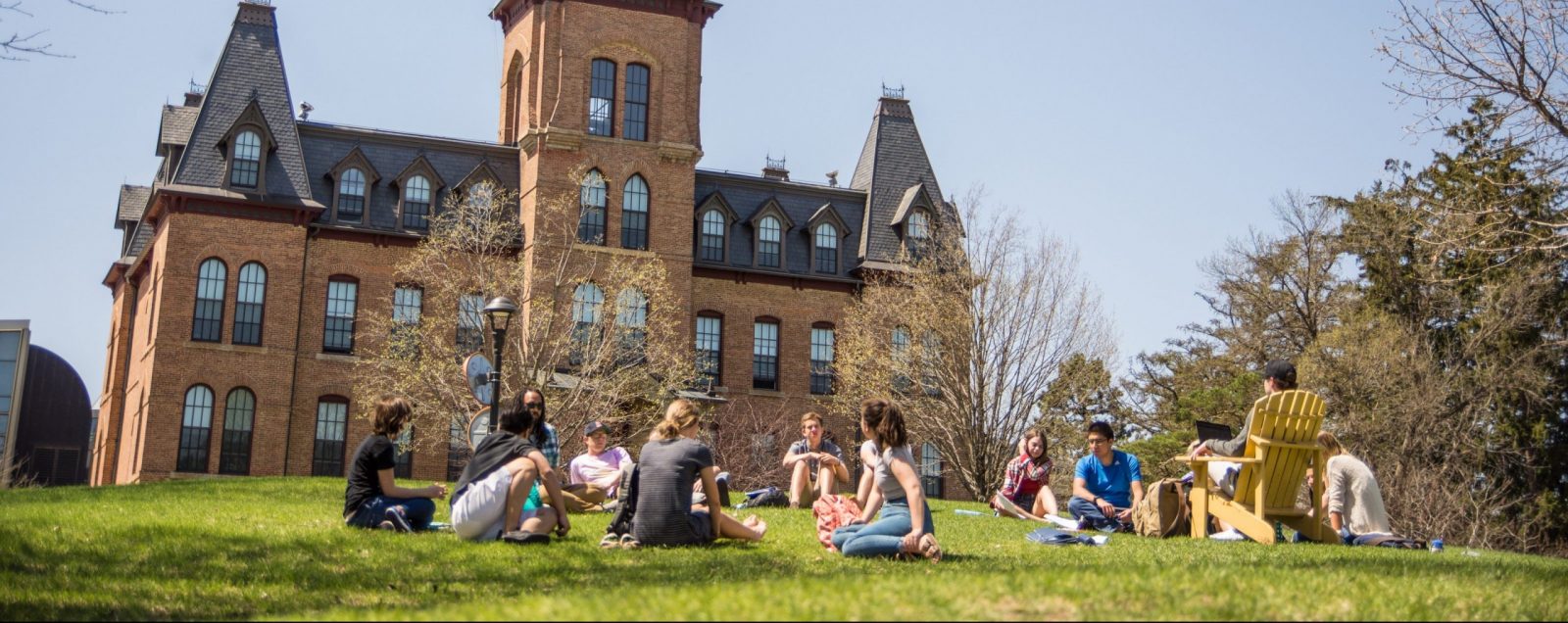The Individual Major Program
St. Olaf’s long-standing commitment to providing opportunities for students to make meaningful connections among the various parts of their college careers, emphasizing the synergies between students’ academic studies and other experiences on campus and in other communities. Originally offered through the Paracollege and later through the Center for Integrative Studies, individual majors rely on and encourage student initiative. They also allow the college to be open to emerging areas of interdisciplinary and integrative studies. Students undertake curricular experiments that might give rise to the next generation of conversations, concentrations, or even interdisciplinary programs. See the ILOs, the core requirements, and a typical timeline here →

Endless possibilities…
Individual Majors are an intellectual opportunity, drawing on various the subject matter and methodologies of various disciplines, integrating learning in new way. This type of interdisciplinary, integrative study can often be experiential in nature, blending classroom learning with laboratories, studios, internships, and/or study abroad, and applying knowledge and understanding gained in one context to another.
Students articulate their vision in an Individual Major Proposal, which they submit during sophomore year, and they reflect on and their experience in a Web Portfolio after completing their Senior Capstone Project.

Is an Individual Major right for me?
Any student in good academic standing may, after their first year, and with the support of program staff and a faculty advisor, develop and propose an individual, integrative major that satisfies their educational goals. The Individual Major Proposal must articulate a central, organizing idea that integrates a proposed sequence of courses, seminars, independent studies, internships, culminating an a Senior Project, Public Presentation, and Web Portfolio. Individual majors may not duplicate any existing program at the college.
